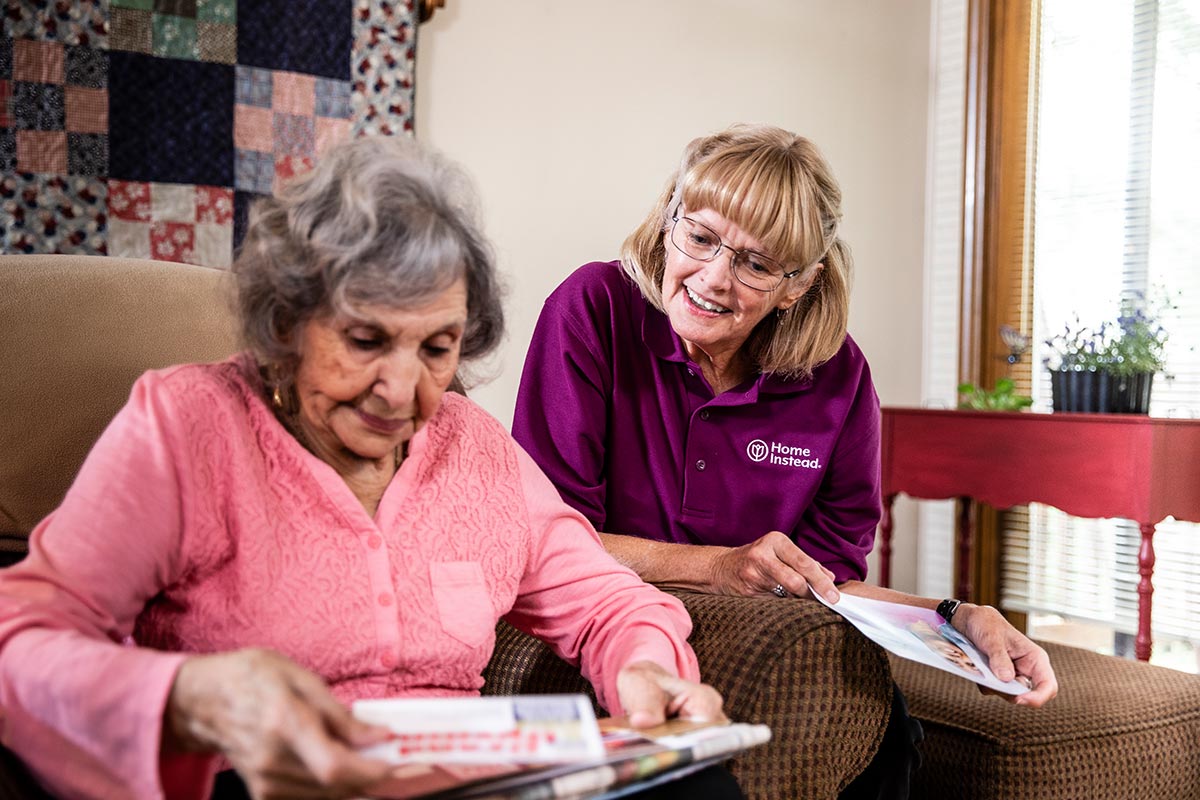Active Listening
Active listening involves making a conscious effort to hear, understand, and retain information that is communicated. Great listeners pay attention not only to the content of the message but notice the emotion and the body language of the other person. It is extremely important to focus and not allow distractions take your mind away from your client or loved one. Active listening helps to reduce misunderstandings, wasted time/work, and helps you to negotiate more effectively, helping to build a more successful relationship.
Active listening takes practice. Here are a few tips on improving your listening skills:
- Pay attention! Most people become distracted easily.
- Put down your phone, mute the TV, and make eye contact with the person talking to you.
- Make mental notes about their broader point, as well as a few specific things they are saying. Why are they telling you this? What is takeaway? How do they feel about what they are saying? Do not think about answering. Focus on what they want you to hear.
- Show that you are listening. They can tell if you are paying attention. Make eye contact, nod when appropriate, and give small verbal comments like “yes” and “huh.”
- Do not interrupt to reiterate something they just said. This might seem like an effective way to show your engagement, but it can derail the conversation.
- Offer feedback when the opportunity presents itself. This might take the form of reflecting on what was said, asking follow-up questions, or offering your own perspective. Active listening can avoid that deer-in-the-headlights feeling that can happen when someone asks, “What do you think?” If you have been actively listening, you will be ready to respond thoughtfully.
- Do not jump to conclusions! You are not a mind-reader, and neither is the person you are speaking with. If you find yourself becoming upset about what is said, ask for clarification. Say, “It sounds like you mean X, and I just want to clarify. Are you saying Y?” By giving them a chance to rephrase or clarify, you avoid making unfair assumptions.
Active listening takes practice, but it has the potential to vastly improve your ability to hear people, communicate, and remember key details in everyday conversations.



